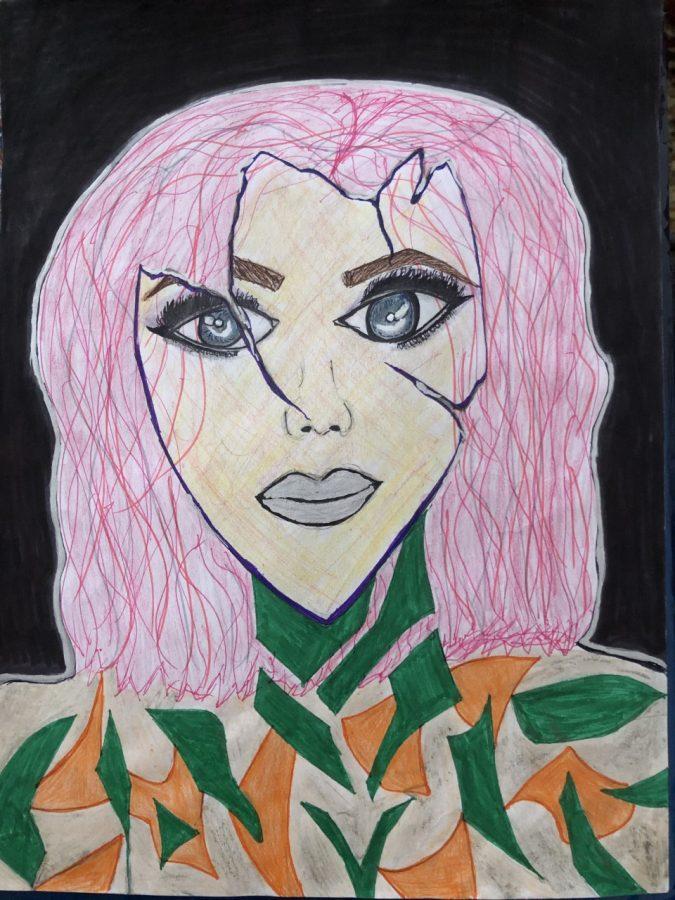I had my first anxiety attack at the age of 13. Not knowing what was happening, I had assumed the episode was an asthma attack. For the next year, I would find myself waking up, drenched in sweat, with tears in my eyes, unable to breathe.
It took years for me to receive a diagnosis. My parents had no experience with these issues, and I doubt the possibility ever crossed their minds. They thought it was my lungs, or my heart, something physical causing my episodes.
Only after being seen by what felt like every type of specialist did an emergency room doctor inform me that I was at fault for my episodes. He said that I was in control and that I was doing it to myself.
Today, at age 21, I am officially diagnosed with General Anxiety Disorder, Persistent Depressive Disorder, and mild Post-Traumatic Stress Disorder.
In the last four years, I have rotated through seven different medications in hopes that one was a good fit for me.
I have lived through intense medication interactions (in which two or more medications’ effects interacted negatively), handfuls of bad side-effects and minimal improvements in my mental health.
There was a time when I felt discouraged by my diagnosis. I would hide from it, thinking that if I hid long enough, maybe it would just go away. I tried to run from myself.
Now, I am OK with my diagnosis. I am no longer afraid of what it means to have it as a part of my life, perhaps forever. I am open about it and willing to let it out in the open, because if I am honest, it is much harder to keep it hidden as if it were a shameful secret.
My mother believes that I can be healthy again. She wants to support me, wants to see me off my medications and go back to that high functioning individual I used to be. Both of my parents are highly supportive.
They care, whether it’s helping me see my doctors, words of affirmation or aiding me in any way I ask. I know how lucky I am to have that.
But though support and advice are well-intentioned, they are drenched in a culture of silent suffering and denial.
Mexican culture does not leave much room for understanding mental health. We are strong people who too often see a lot of bad in our lives; I know I have. We deal with it.
My brothers see therapy as intrusion into their lives, a stranger needlessly poking around in their lives, digging up the bad. From my mother’s perspective, I am pumping my body with unnecessary medication. I think my father feels the same as the rest of my family, though he tells me to do what’s best for me.
My family does not begrudge me for using these tools to help me survive day to day.
They simply don’t understand why I have to. We were not raised to see the usefulness of such tools. We weren’t even shown them as options.
Diagnoses like mine often feel dismissed, like its a cold I’ll get over once the stress of college ends. Implications of these diagnoses are never dwelled on, but rather are shushed by generations of stigma.
I don’t think my family has considered that I might live with my diagnosis for the rest of my life, that I might live with my culture’s inherited shame over my mental health.
It’s not ideal, but in order to give myself room to accept myself, I must accept that this not immediately fixable.
I can teach them what I know, show them the benefits, the good, but I might never change their minds and that’s okay. I love them, as cheesy as that sounds, not despite or amidst anything, but because they are who they are.















































































